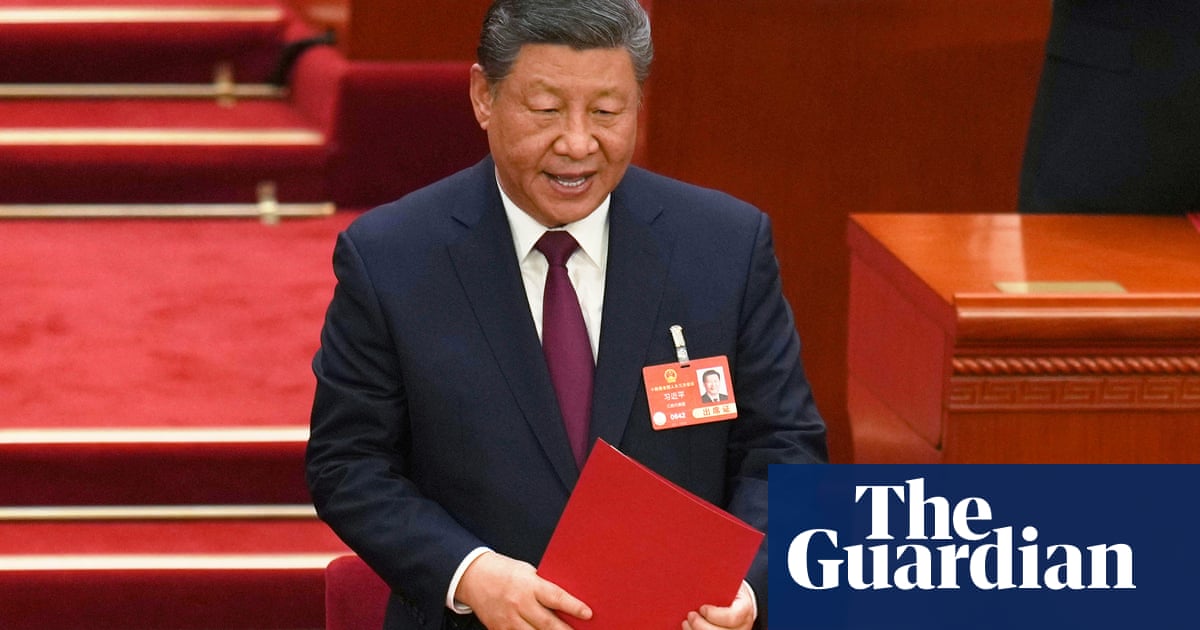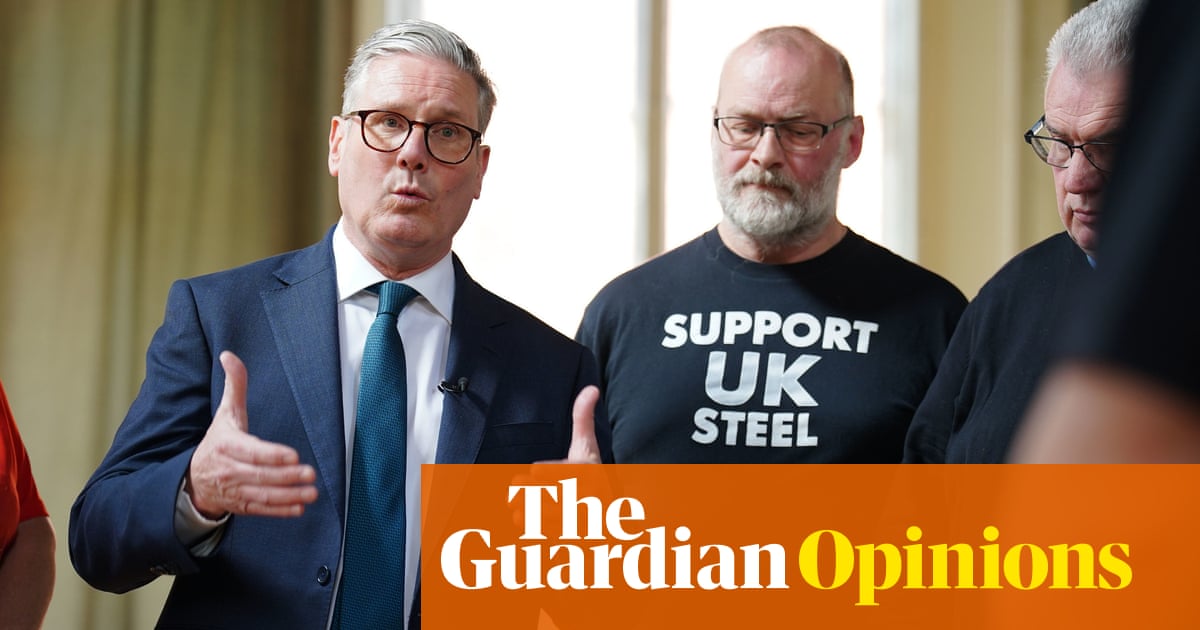The UK’s last two remaining blast furnaces have hovered on the brink of shutting down over the past week. It has emerged that Jingye, the Chinese owner of Scunthorpe-based British Steel, was poised to refuse to buy further supplies of the coke and iron ore required to keep them running, at which point it would not have been possible to restart them; effectively, a unilateral decision to put an end to Britain’s capacity to produce primary steel. In these circumstances, the government had no choice but to recall parliament for an emergency sitting to pass legislation to give business secretary Jonathan Reynolds the power to direct British Steel.
The UK is starting from a low steel-producing base: it produced just 7.2m tonnes in 2021, compared with 13.9m tonnes in France, 24.4m tonnes in Italy and 40.1m tonnes in Germany. If British Steel were to shut its furnaces, this would leave the UK as the only G7 nation without primary steel-making capacity, with significant economic and security consequences. A range of industries rely on steel: construction, defence, transport, green energy. Without British-produced steel, global giant ArcelorMittal would attain what the defence thinktank Rusi has described as a “virtual monopoly” in the production of structural steel building frames for the UK market. Network Rail sources about 95% of its track from Scunthorpe. Parts of the defence industry are heavily reliant on British-produced steel; 90% of the steel used in Queen Elizabeth-class aircraft carriers was produced by Tata Steel at Port Talbot, for example.
There would be significant risks if UK industry were to become wholly reliant on steel imports, in a world characterised by increasing instability and the trade protectionism of Donald Trump’s White House. Europe may be considered a reliable trading partner, but the steel tariffs imposed by the US, combined with pressures for increased defence capability as the US goes cold on Nato, means the UK may not be able to count on sufficient supply from our European allies.
So the government had to intervene in this way: to let the furnaces in Scunthorpe go out would have been not only to lose thousands of jobs, affecting the community, but to put Britain’s security at risk. The power to direct British Steel does not amount to nationalisation, but this seems an all-but-certain outcome, given the situation with Jingye. It could end up costing the British taxpayer dear, but the risks of not maintaining domestic primary steel production would be even more costly.
after newsletter promotion
It is far from ideal that ministers have found themselves in this situation, and for that governments of both colours over decades bear responsibility. The history of British steel-making has been lurching from crisis to crisis: the Scunthorpe furnaces were sold by Tata Steel to the private equity fund Greybull Capital in 2016, which left just three years later. The only buyer on the market was Jingye, which Boris Johnson, the then prime minister, saw as a more palatable option than closure or nationalisation. No government has set out a long-term strategy for maintaining British primary steel-making capacity, including realistic plans for decarbonisation, given it is a huge polluter. While steel producers in France and Germany have been relatively protected from high wholesale energy costs through government intervention, UK producers have been paying up to 50% more for electricity, a huge input cost into steel-making, than their competitors from these countries; Conservative business secretaries never addressed this asymmetry. The last government could also have done more to increase the market for low-carbon steel through regulation. It is an all-too-common aspect of British industrial policy: a complete lack of long-term strategy for nurturing competitive British companies and removing barriers to their growth.
There is a risk that, without a broader strategy for British Steel, the government nationalises the Scunthorpe furnaces in a way that will drain billions of taxpayer funds but is not part of a sustainable strategy for the future of primary steel-making in the UK. That needs to be the priority once the immediate crisis is averted. But the business secretary needs to learn the broader lessons of this sorry saga for industrial policy across the board. The UK is in a precarious position economically: long-term structural issues including low productivity growth and business investment and stagnant living standards have been compounded by the pandemic, by the energy crisis and by the global instability created by Trump’s tariffs policy. Britain’s long-term growth potential has been harmed irrevocably through Brexit and the erection of significant trading barriers with our largest and closest trading bloc.
We are living in a world in which Britain has declining economic and diplomatic agency. It is more important than ever to limit our dependence on other countries, including China, for the production of materials of strategic importance. The government deserves praise for taking swift action to prevent its primary steel-making capacity from being shut down. But that’s the easy bit: the much more difficult question is whether it’s possible to improve the competitiveness of British Steel in the medium term, while decarbonising, in a way that ensures the future of steel-making in the UK without it being forever reliant on huge subsidies from the taxpayer.
Do you have an opinion on the issues raised in this article? If you would like to submit a letter of up to 250 words to be considered for publication, email it to us at [email protected]

.png) 21 hours ago
6
21 hours ago
6













































